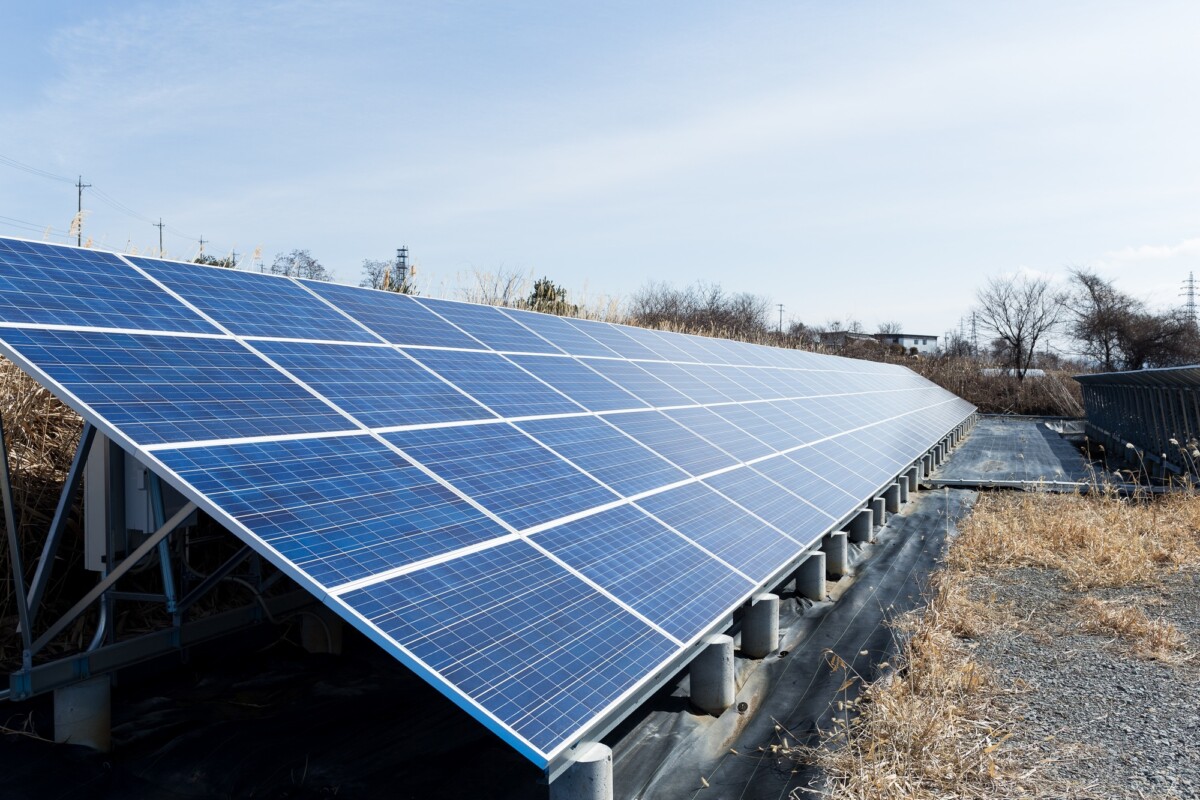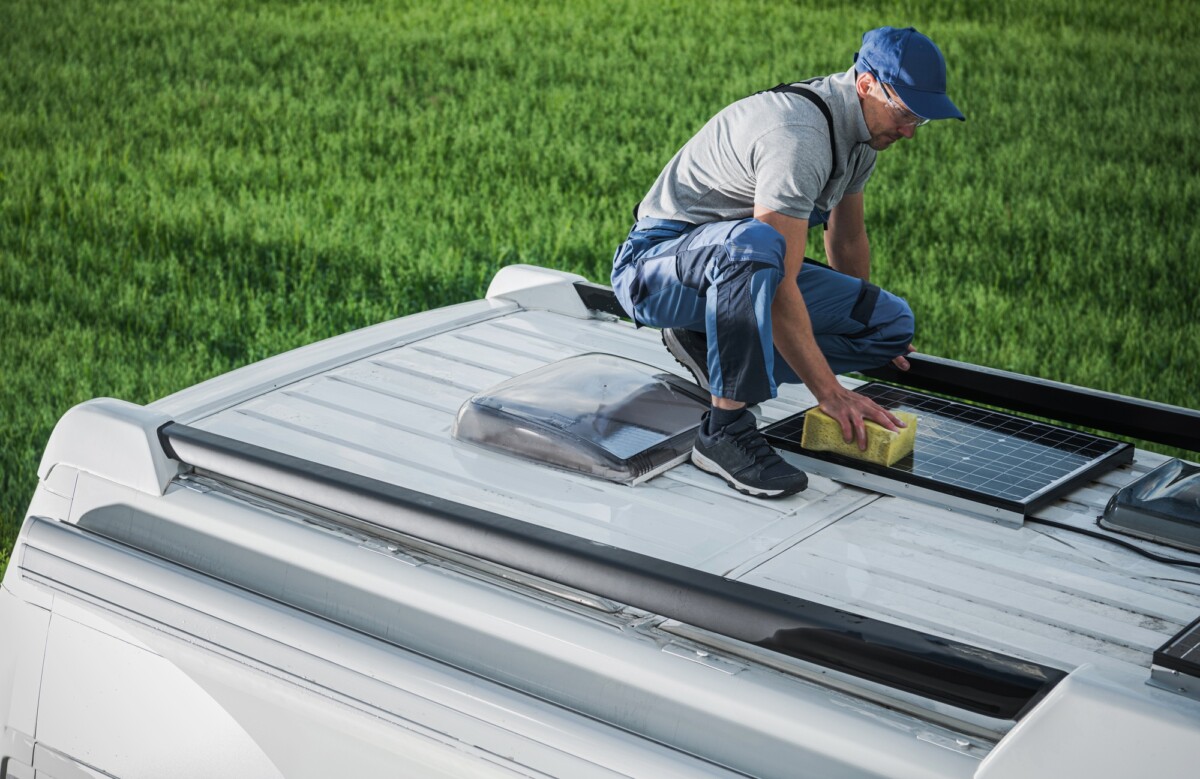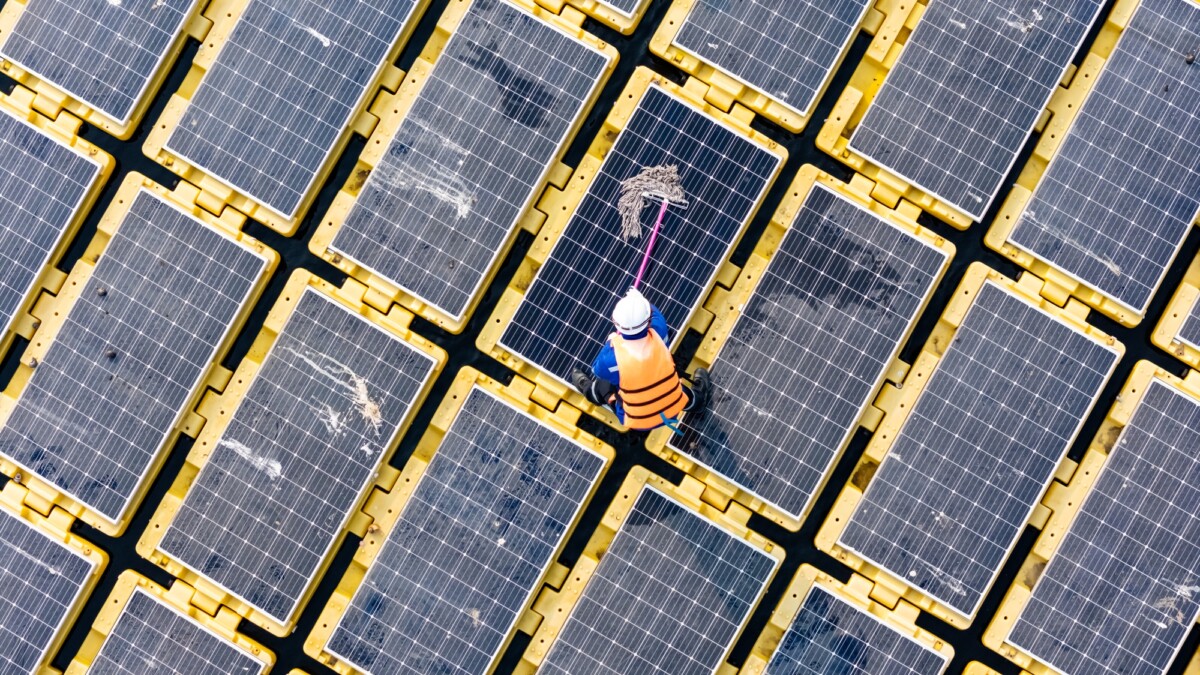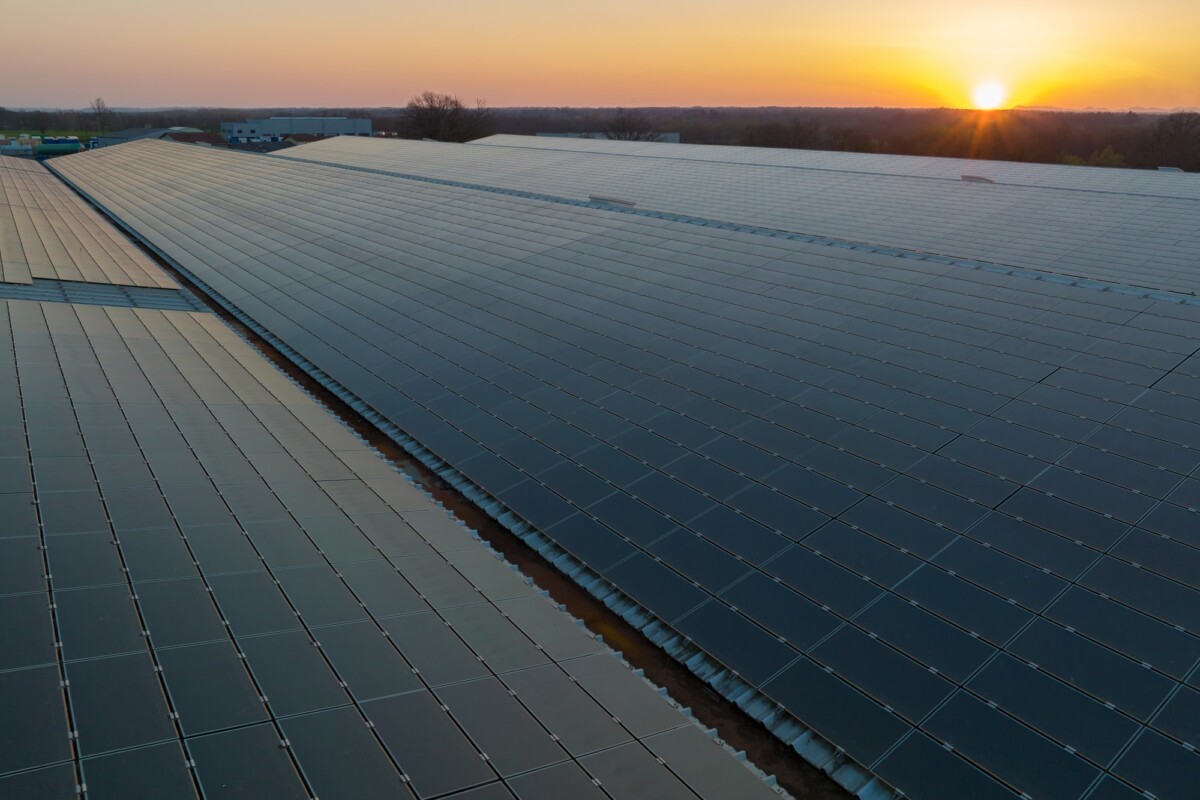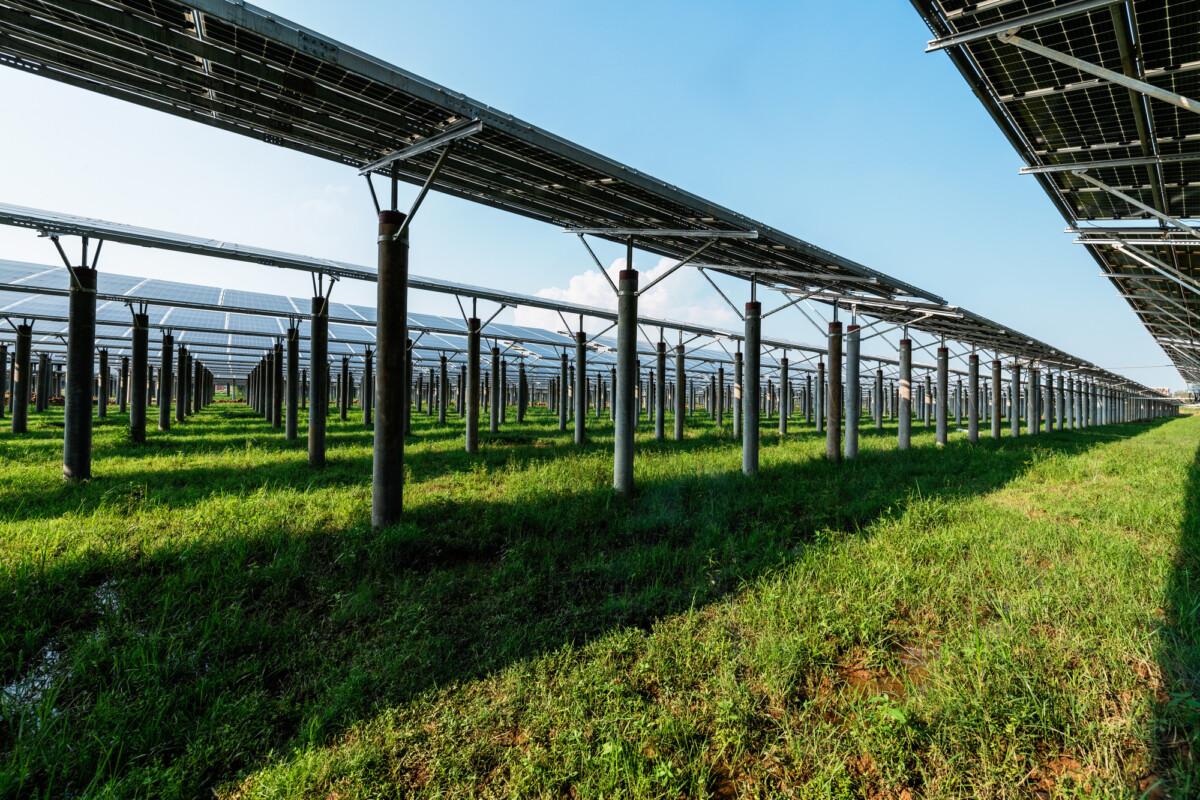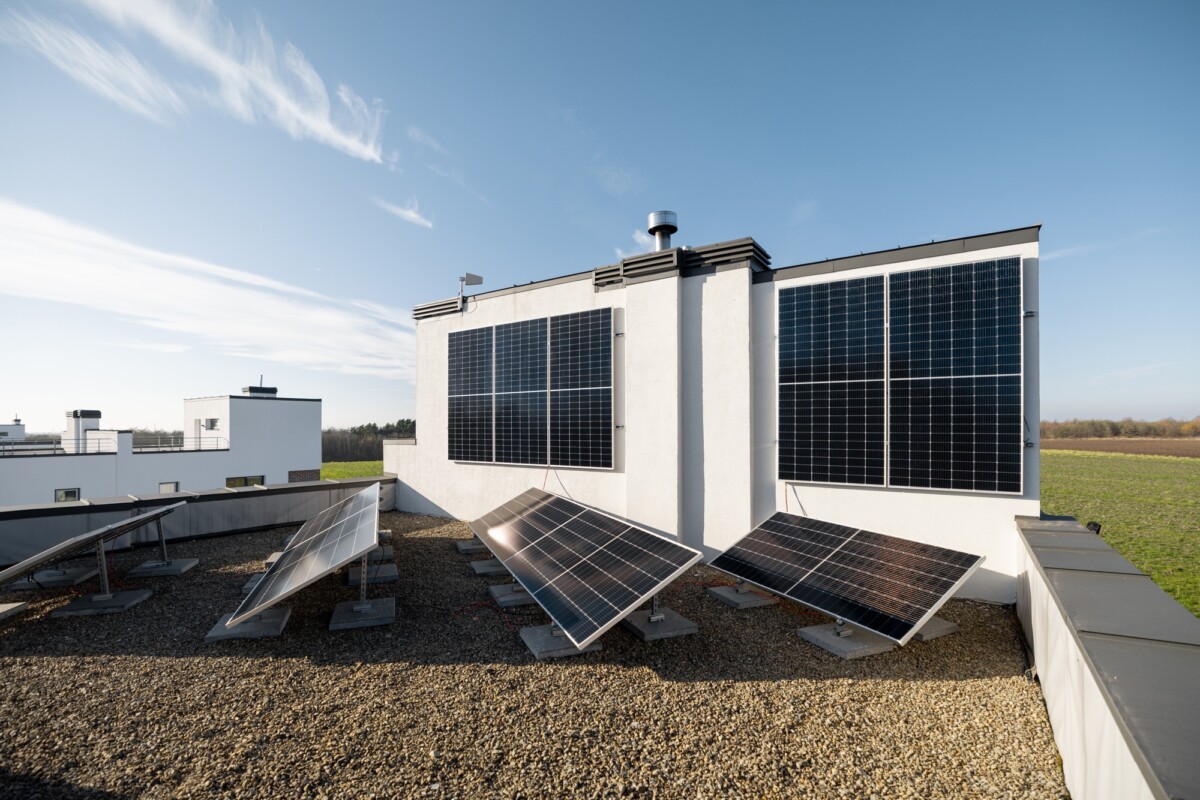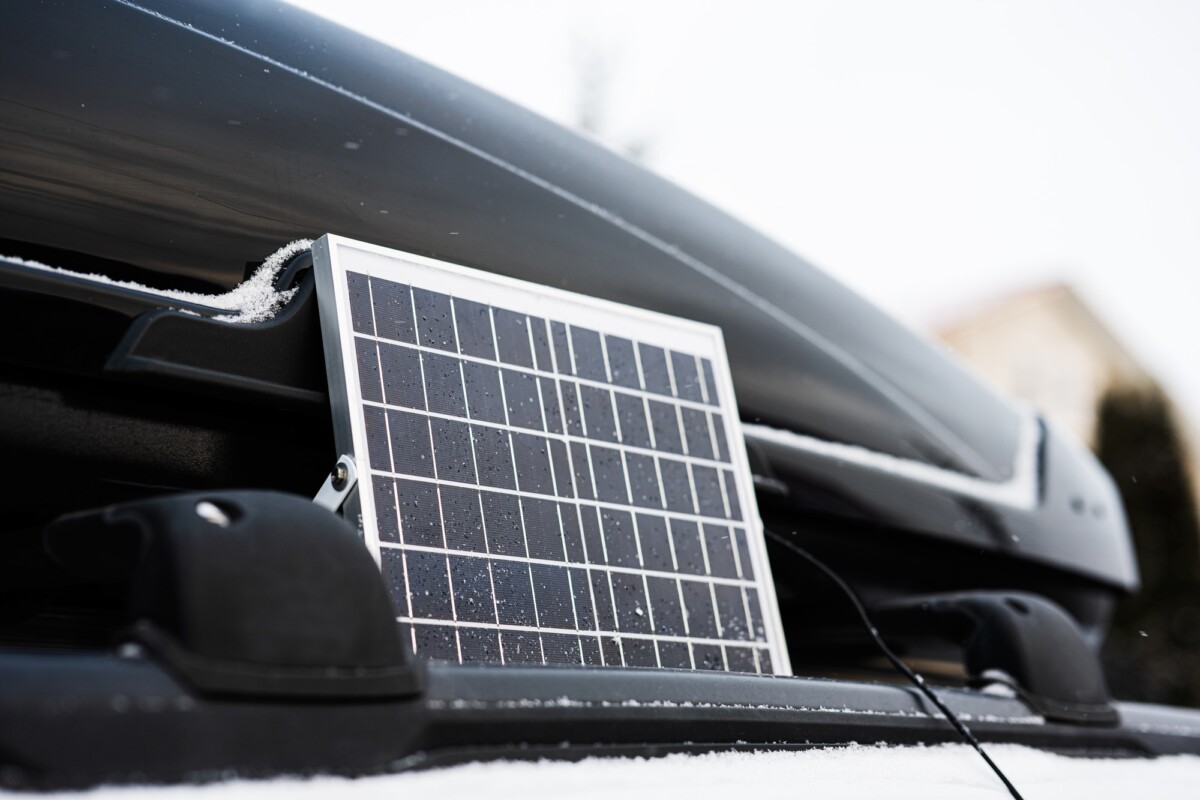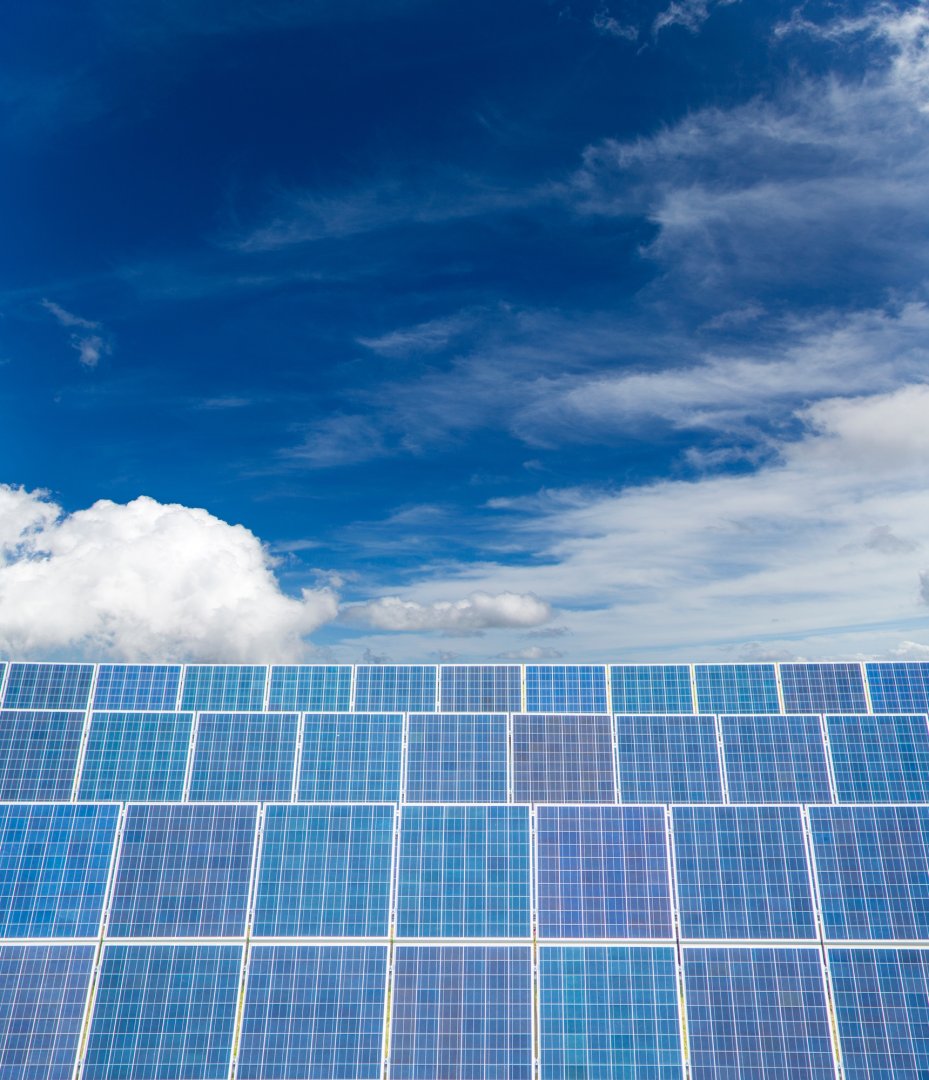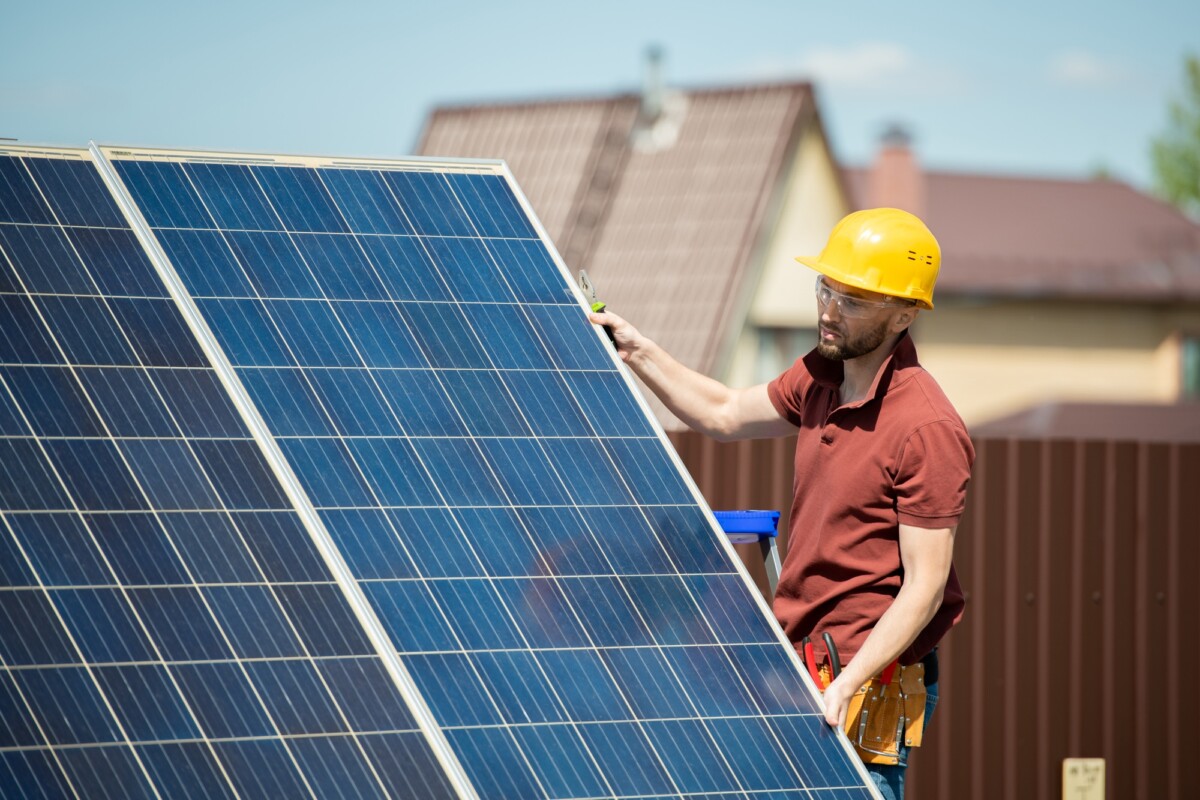Solar energy has been gaining popularity as a sustainable power source for homes and businesses. The solar panel battery is an integral part of any solar power system. This blog will discuss the basics of solar panel batteries, how they work, and how to choose the right one for your needs.
What Is a Solar Panel Battery?
A solar panel battery, also known as a photovoltaic battery, is a rechargeable battery that stores energy generated by solar panels. The stored energy can power your home or company during overcast or nighttime conditions.
How do Solar Panel Batteries Work?
The electricity produced by solar panels is in the form of direct current (DC), and an inverter is used to transform this into alternating current (AC). The AC current is what provides power to your home or company. The solar panel battery stores any excess energy produced by the solar panels.
You can use the batteries to run your home or business when the sun isn’t shining, or there’s a cloud cover. Even when the sun isn’t out, this helps to ensure that there is always energy available.
Types of Solar Panel Batteries
There are two main solar panel batteries: lead-acid and lithium-ion batteries.
Lead-acid batteries are the most commonly used type of solar panel battery. Compared to lithium-ion batteries, they are reliable and inexpensive but don’t last as long and need more upkeep.
A more recent innovation in solar panel batteries is the lithium-ion battery. They outperform lead-acid batteries in almost every way, including durability, convenience, and cost. They cost more than lead-acid batteries, though.
Choosing the Right Solar Panel Battery
When choosing a solar panel battery, there are several factors to consider, including:
- Capacity: The capacity of a solar panel battery is measured in kilowatt-hours (kWh). There is a direct correlation between battery capacity and the amount of energy it can store. Your energy requirements should guide your selection of a solar panel battery.
- Depth of discharge (DoD): The quantity of energy that may be drawn from a battery before it needs to be recharged is known as its depth of discharge. A higher DoD means that more energy can be taken from the battery before it needs to be recharged.
- Lifespan: The lifespan of a solar panel battery is the number of cycles it can go through before it needs to be replaced. A higher lifespan means that the battery will last longer.
- Maintenance: Consider how much maintenance is required for the battery. Lead-acid batteries require more maintenance than lithium-ion batteries.
- Cost: The cost of a solar panel battery can vary greatly. Consider your budget when choosing a solar panel battery.

Maintenance and Care for Solar Panel Batteries
Maintaining and caring for your solar panel battery is crucial to ensure its longevity and efficiency. This section will discuss the steps you can take to keep your solar panel battery in good working order.
1. Regular Checking and Monitoring
Regularly checking and monitoring your solar panel battery is important for maintenance. Check the battery voltage, current, and state of charge regularly to ensure that it is functioning properly. Contact a professional for assistance if you notice any problems, such as low voltage or an overcharged battery.
2. Keeping the Battery Clean
Keeping the battery clean is important for maintaining its efficiency. Dust and debris can accumulate on the battery and reduce its performance. Wipe down the battery with a damp cloth regularly to remove any dust and debris.
3. Avoid Overcharging
Overcharging your battery can damage it and reduce its lifespan. Overcharging can damage your batteries, so check the settings on your battery management system. If you have a lead-acid battery, make sure to check the electrolyte level regularly and add distilled water as needed.
4. Proper Storage
Proper storage of your battery is important to ensure its longevity. Keep your batteries out of the sun and away from high temperatures. If you are not using your battery for an extended period of time, make sure to fully charge it before storing it.
5. Professional maintenance
Regular professional maintenance is important for keeping your solar panel battery in good working order. A professional can check for any issues and make any necessary repairs or replacements. Consider scheduling regular professional maintenance to keep your battery in top condition.
Maintaining and caring for your solar panel battery ensures its longevity and efficiency. Regular checking and monitoring, keeping the battery clean, avoiding overcharging, proper storage, and professional maintenance can help you keep your battery in good working order. By following these steps, you can maximize the efficiency of your solar energy system and ensure that your battery lasts for many years.
Conclusion
A solar panel battery is an essential component of a solar energy system. It helps to ensure a constant and reliable source of energy, even when the sun is not shining. When choosing a solar panel battery, consider your energy needs, depth of discharge, lifespan, maintenance requirements, and budget. Considering these factors, you can choose the right solar panel battery to maximize your solar energy efficiency.
Are you ready to join the solar revolution? Get your personalized quote for solar power today by reaching out to us at freesolarpowerquotes.com! Let’s power your home with the sun.
FAQS
How to charge a battery from a solar panel?
To charge a battery from a solar panel, the solar panel needs to be connected to a charge controller, which regulates the voltage and current going into the battery. The charge controller ensures that the battery is charged safely and efficiently.
How long do solar panel batteries last?
The lifespan of a solar panel battery can vary, but most lead-acid batteries have a lifespan of around 5 to 15 years, while lithium-ion batteries can last up to 20 years or more. Discharge rate, ambient temperature, and how often you use your battery all determine how long it will last.
How can the solar panel be connected to the battery?
A charge controller and the proper wiring are required to connect a solar panel to a battery. The charge controller, which controls the amount of energy sent to the battery, requires a connection to the solar panel. The charge controller then needs to be connected to the battery, ensuring that the battery is charged safely and efficiently.
How do solar panels connect to rv batteries?
To hook up solar panels to an RV battery, you will need a charge controller and appropriate wiring. The charge controller controls battery voltage and current. Hence the solar panel must be attached. The charge controller then needs to be connected to the RV battery, ensuring that the battery is charged safely and efficiently while you’re on the road. It’s important to choose a charge controller that is compatible with both your solar panels and RV battery.
What is a solar battery backup?
A solar battery backup is a backup power system that uses a battery to store energy generated by solar panels. The stored energy can be used when there is no sunlight or when energy demand is higher than what the solar panels can produce. This system provides a reliable backup power source, making it ideal for emergency situations or for powering essential appliances during power outages.
What is a solar panel with a battery bank?
A solar panel with a battery bank is a renewable energy system that consists of a solar panel array and a battery bank. The solar panels generate electricity, which is stored in the battery bank. This system provides a reliable energy source, as the stored energy can be used when there is no sunlight or when energy demand is higher than what the solar panels can produce. This type of system is ideal for homes, businesses, or remote locations that need to have access to power in case of an emergency or power outage.


